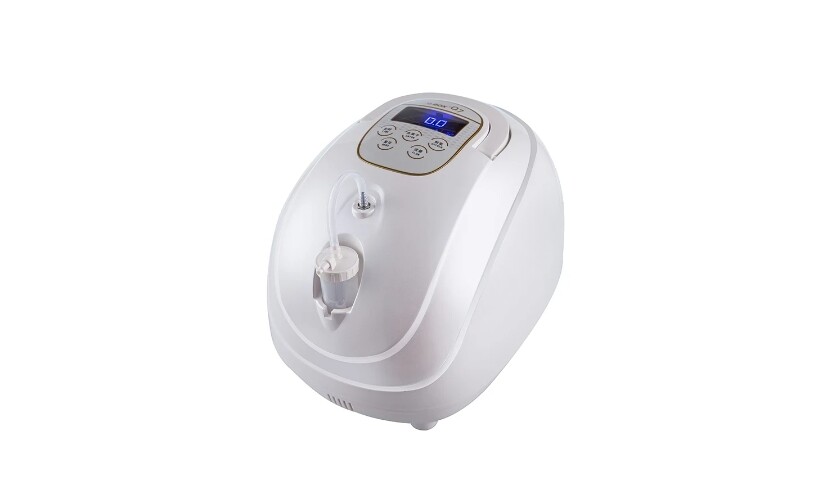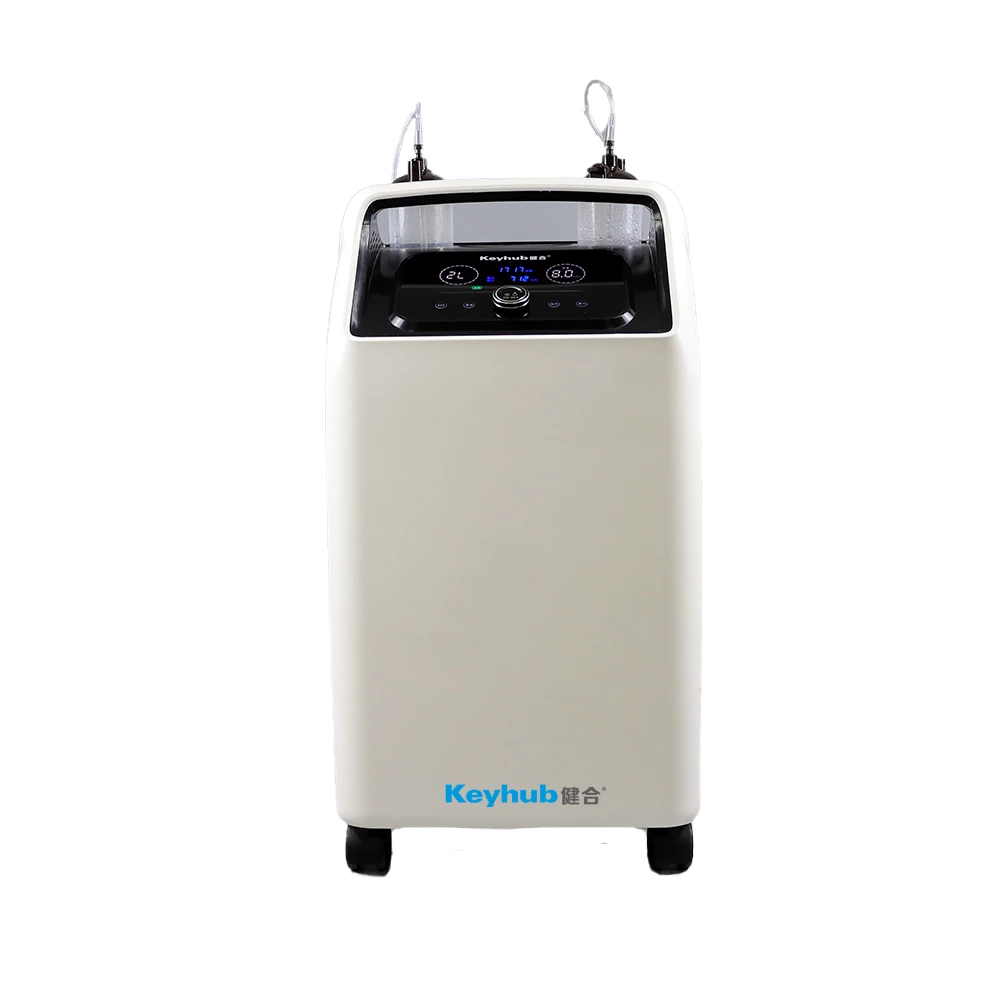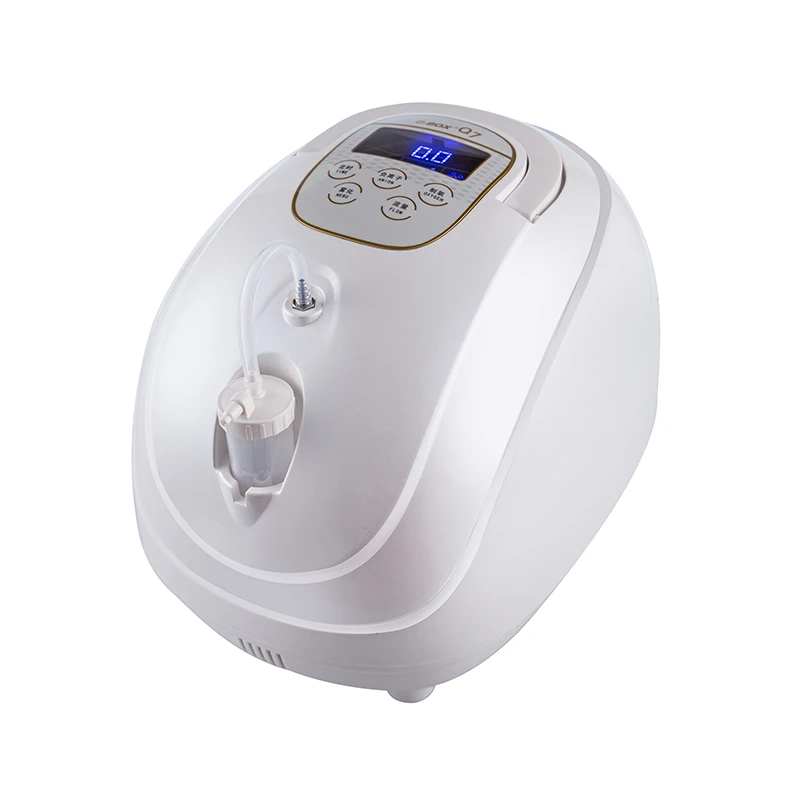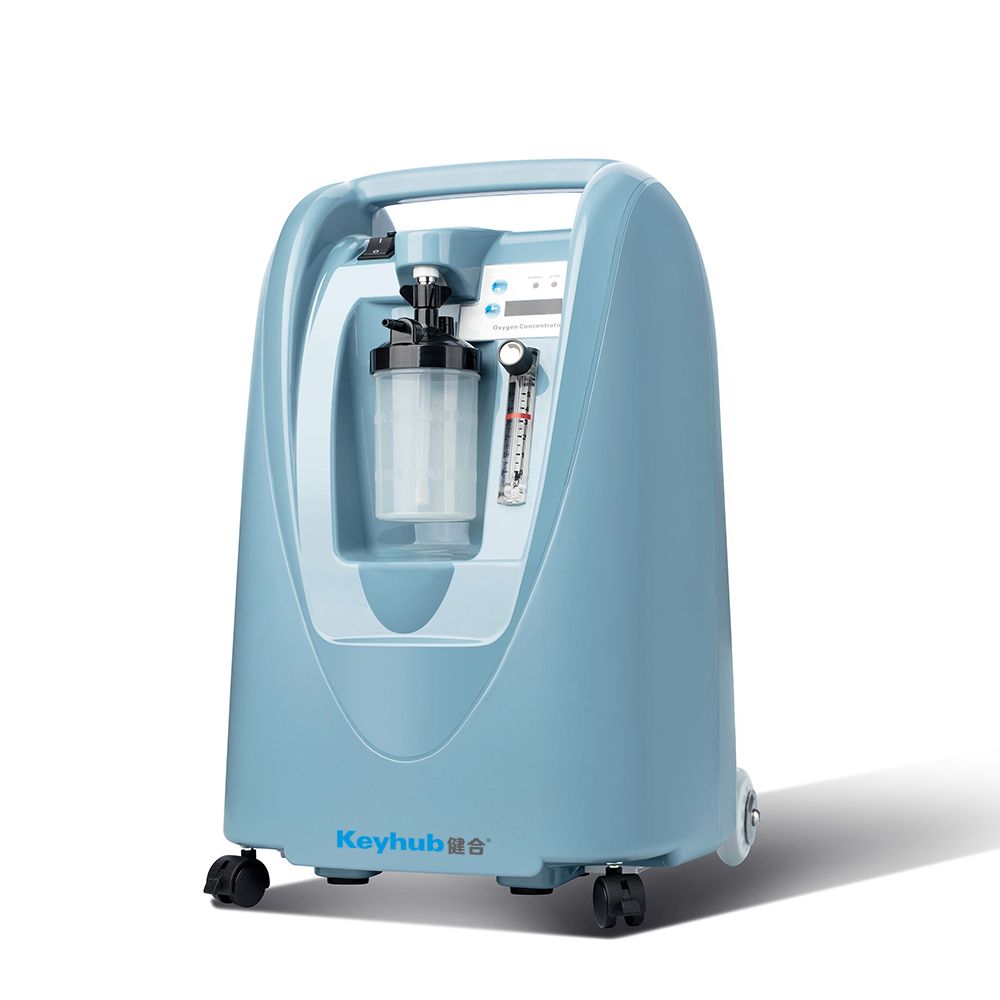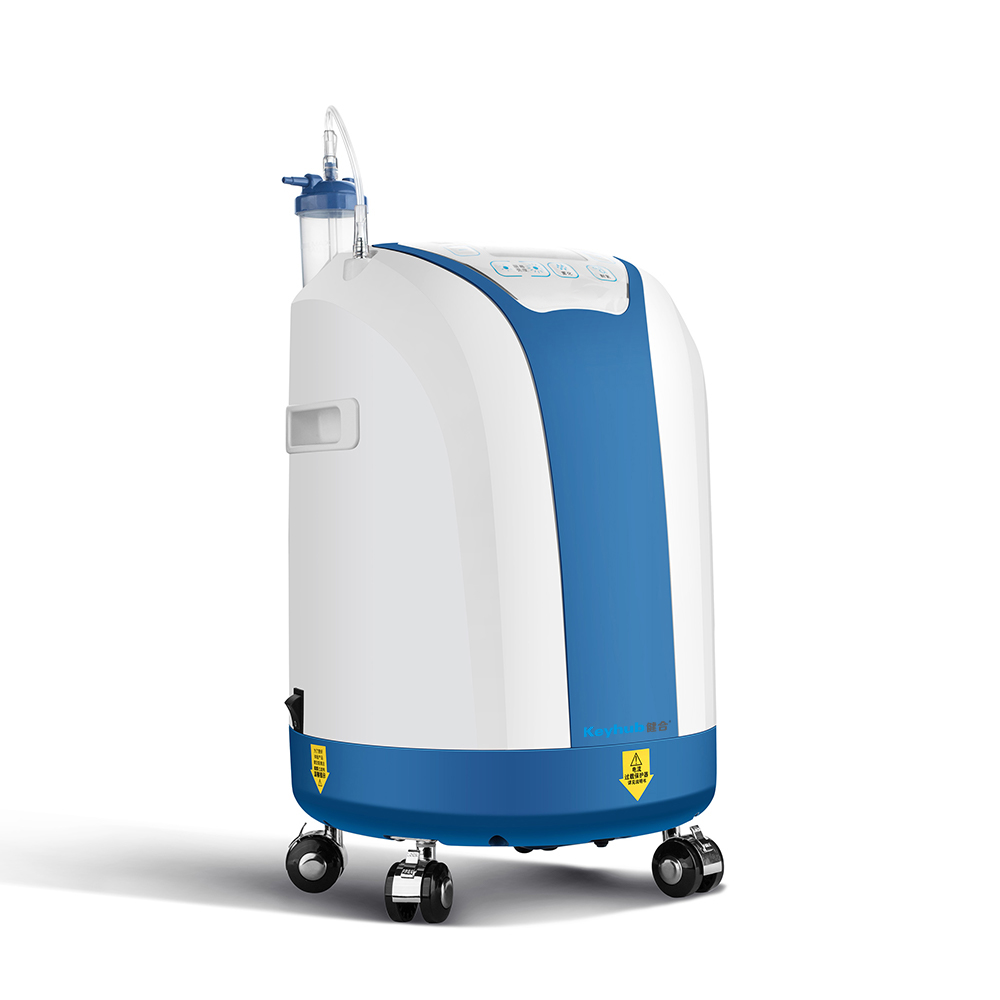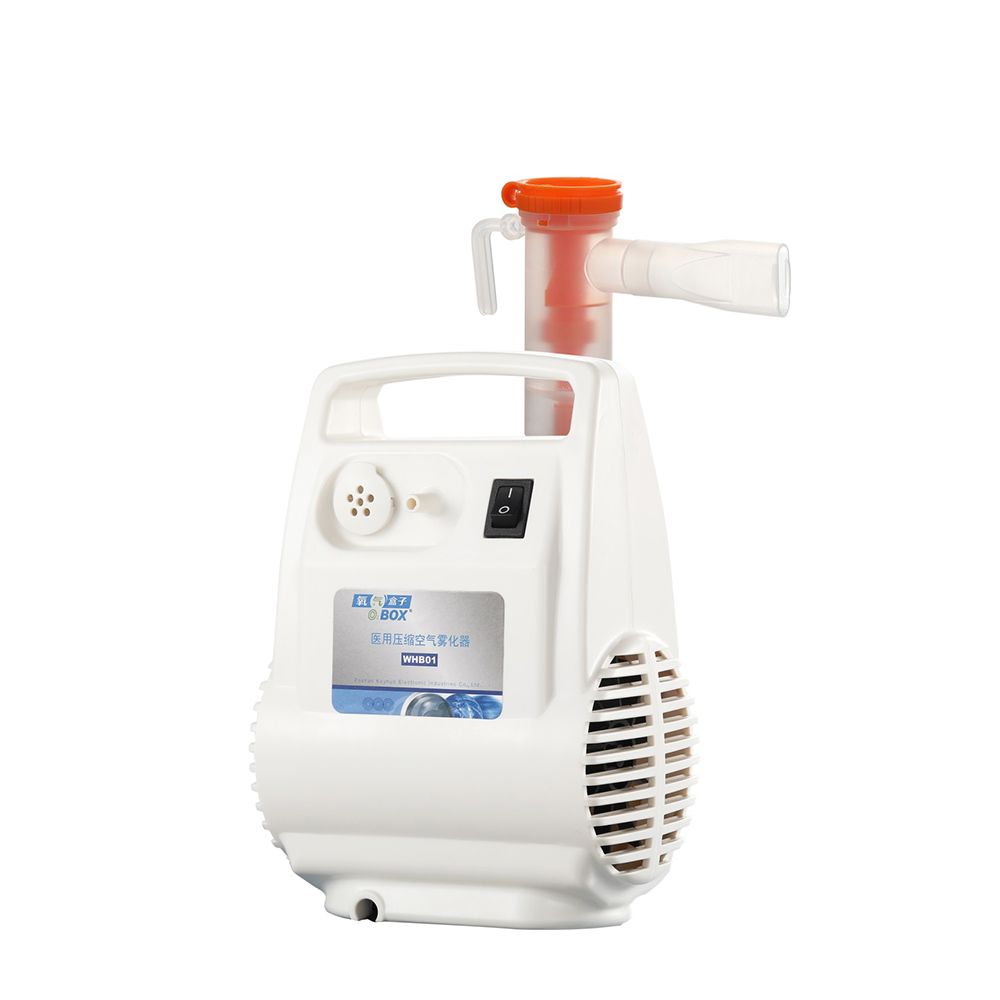People with lower-than-normal blood oxygen concentrations often require oxygen concentrators to support normal breathing.
Not getting enough oxygen into the blood, a condition called hypoxia, could damage the heart, brain, and other organs.
If a health condition causes oxygen levels to drop too low, a doctor may write a prescription for such a person to use an oxygen concentrator appropriately.
What Is a Medical/Homecare Oxygen Concentrator?
A medical/homecare oxygen concentrator is a medical device that produces oxygen to provide oxygen to those who need extra oxygen.
Oxygen concentrators are characterized by rapid oxygen production and high oxygen concentration. The vast majority of medical/homecare oxygen concentrators and new portable oxygen concentrators use molecular sieve physical adsorption technology to separate the nitrogen from the oxygen in the air and ultimately obtain a high concentration of oxygen.
The role of the oxygen machine is to improve the oxygen content of human arterial blood through oxygen inhalation, rather than acting on a part of the body to indirectly improve the lack of oxygen. Oxygen therapy has the effect of relieving the symptoms of hypoxia in a timely manner. It is the main medical device for correcting physiological hypoxia and environmental hypoxia and preventing diseases caused by environmental hypoxia.
Who Needs to Use an Oxygen Concentrator?
The oxygen in the air is perfectly adequate to meet the oxygen needs of healthy people under normal circumstances. Only patients with specific symptoms, such as cardiovascular patients and patients with chronic resistance, need to use oxygen concentrators for oxygen therapy.
Oxygen therapy improves the physiological environment of the human body, promotes the metabolic process, and achieves the purpose of treating diseases, relieving symptoms, promoting recovery, preventing disease, and improving health.
Portable Oxygen Concentrator from China
People with the following symptoms are likely to need medical/homecare oxygen concentrators.
Patients with Respiratory Diseases
Respiratory disease is a common disease. The inability to take in oxygen properly can have a significant impact on patients with respiratory diseases. Low blood oxygen affects the oxygen supply to the brain, leading to dizziness and mental discomfort in mild cases, and even death from respiratory distress and hypoxia in severe cases.
Patients with Cardiovascular and Cerebrovascular Diseases
The term cardiovascular disease is a collective term for diseases of the heart vessels and cerebral vessels. These diseases can cause difficulties in the body's intake of oxygen, and the use of oxygen concentrator oxygen therapy can supplement oxygen in a timely manner.
Patients with Chronic Obstructive Pulmonary Disease
For patients with chronic obstructive pulmonary disease, the importance of oxygen inhalation cannot be ignored, especially for severe patients. Patients with COPD should inhale oxygen at a continuous low flow rate under the premise of ensuring time.
Other Symptoms that Require Oxygen Therapy
Medical/homecare oxygen concentrators are also sometimes used for people who are weak and sickly or have poor rabbit immunity. Other conditions such as gas poisoning, drug poisoning, etc. may also require the help of an oxygen concentrator.
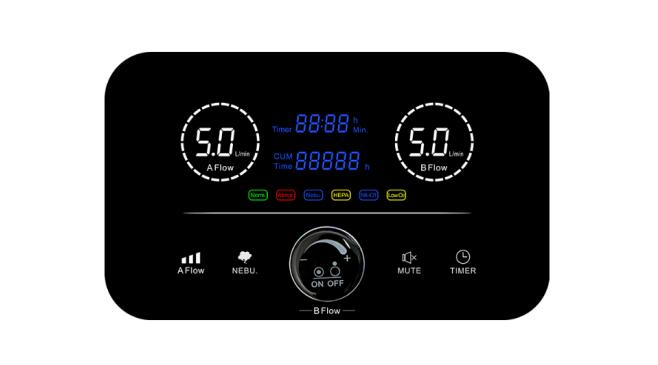
Oxygen therapy, as prescribed by a physician, is vital for patients. Compared to other medical and healthcare methods, oxygen therapy is aggressive, direct, fast, and safe means.
Using an oxygen machine without a prescription or doctor's guidance can lead to dangerous health problems, such as too little oxygen or too much oxygen leading to lung damage. It should be noted that you should never buy an oxygen concentrator sold without a prescription, and you also need to choose a reliable manufacturer and supplier of oxygen concentrators.


